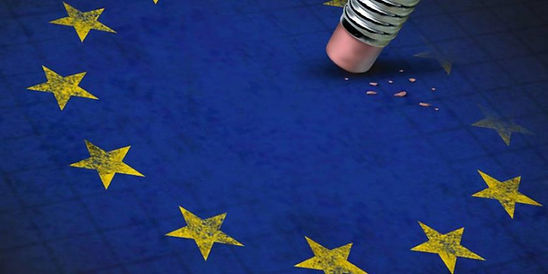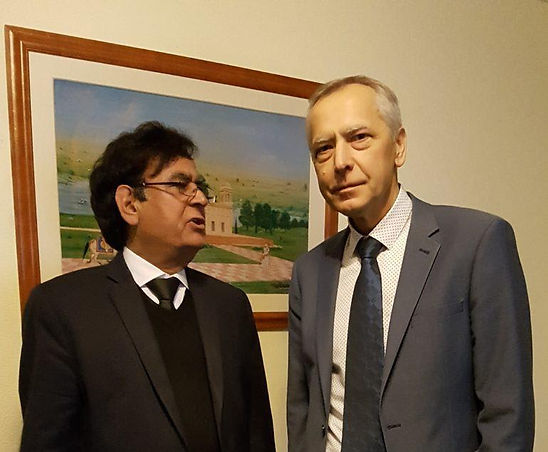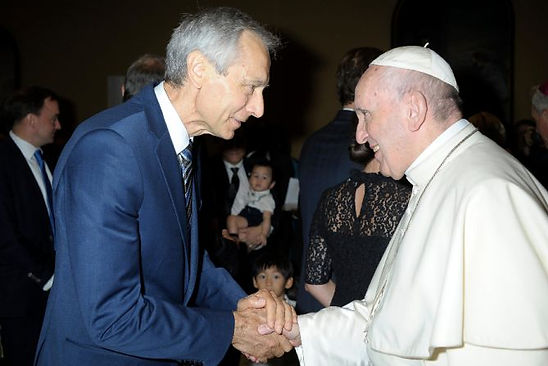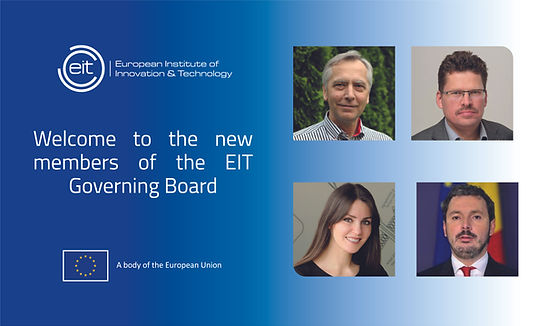Category: English
-
Embassies must not Partner in Undermining Democracy
War on Ukraine represents a conflict between democratic, independent and sovereign country and autocratic aggressor brutally violating international law. We must be sensitive on protection of democratic traditions and processes in European countries. When diplomatic missions act to involve themselves in the domestic politics of their host, this step crosses the line of interference and
-
Attack on Democracy
Democratic process in Europe must be protected and respected. It cannot be allowed to be subject to attack from any source, nor can it spread to the entire continent if subverted in its core regions. Disturbingly, just such assaults have been recorded, with foreign elements interfering directly in Poland and Hungary, while also engaging in
-
PAKISTAN: Jan Figel’s views on religious freedom
Former EU FoRB Special Envoy Jan Figel’s views on religious freedom About blasphemy laws; violence against religious minorities; kidnapping, forced conversion and marriages of non-Muslim girls By Willy Fautré, Human Rights Without Frontiers (HRWF) Photo: EU FoRB Special Envoy Jan Figel with Asia Bibi’s lawyer Saif ul Malook in Lahore, Pakistan, December 2017. HRWF (19.02.2022)
-
Ján Figeľ: ‘It’s a pity there is no EU religious freedom envoy anymore’
Ján Figeľ, special envoy for the promotion of freedom of religion outside the EU from 2016 to 2019, meets Pope Francis in 2018./ Vatican Media/Ján Figeľ personal archive. Bratislava, Slovakia, Sep 10, 2021 / 04:15 am On the eve of Pope Francis’ visit to Slovakia, the country appointed Anna Záborská, a former member of the
-
Advancing Religious Freedom in Different Political Regimes
Why is religious freedom important? Because it is a measure, principle, and instrument of humanization and civilizational process. It makes every society and time more humane, more respectful, and just. It is important because freedom of religion or belief (FoRB) is an expression of human dignity belonging to each person and community, society, nation. The
-
Four new members join the EIT Governing Board
The European Institute of Innovation and Technology (EIT) welcomes four new members to the EIT Governing Board today: Jan Figel, Janis Grevins, Nora Khaldi, and Razvan Nicolescu. The members were appointed by the European Commission and Mariya Gabriel, Commissioner for Innovation, Research, Culture, Education and Youth said: ‘The Governing Board is central to the EIT’s
-
Bratislava granted honorary citizenship to John Paul II
The Bratislava city council made the decision have granted honorary citizenship to the late John Paul II in memoriam, per proposal of Ján Figeľ, president of the Anton Tunega Foundation, former EU Commissioner and former EU Special Envoy for Religious Freedom (2016-2019). The honorary citizenship was awarded to the late pope in recognition of his
-
Current Challenges to Religious Freedom Panel at NET@WORK conference on 25 November 2020
NET@WORK online conference of Wilfried Martens Centre for European Studies. Speakers: Heiner Bielefeldt, Ján Figeľ, Rebecca Shah Moderator: Miriam Lexmann 25 November 2020 The Martens Centre held its 2020 edition of NET@WORK, on the theme ‘Geopolitical Europe – Adapting, Reshaping, Engaging’. Held in a digital format, this conference presented eight panels of expert speakers over
-
We need a ‘climate change’ in matters of religious freedom
Interview with Ján Figel’, the former EU Special Envoy for the promotion of freedom of religion or belief outside the EU For the second time since its establishment by the United Nations in 2019, the “International Day Commemorating the Victims of Acts of Violence Based on Religion or Belief” was observed on 22 August. The
-
Europe and the challenge of religious freedom
The European Union’s Special Envoy for promoting the Freedom of Religions and Belief outside of Europe will soon be appointed. Maragaritis Schinas, vice-president of the European Commission, announced the Office’s re-establishment in a tweet on July 8. The announcement brought to a close what had been at times a very lively debate. The president of





